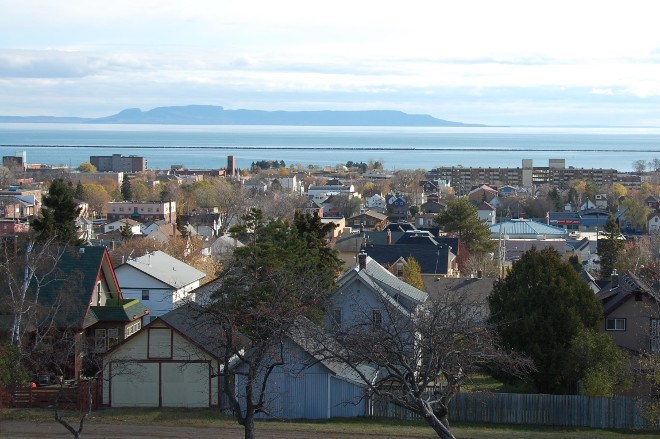THUNDER BAY -- New data from Statistics Canada shows that Thunder Bay has the biggest proportion of Aboriginal residents among major Canadian cities.
A report issued Wednesday revealed that the 2016 census found 12.7 per cent of the city's population identifying as Aboriginal, up from just over 8 per cent a decade earlier.
In response to the new statistics, Thunder Bay City Hall issued a brief statement quoting Mayor Keith Hobbs. "Our community is changing, and we are embracing that, and changing with it," the mayor said.
Winnipeg (12.2 per cent) and Saskatoon (10.9 per cent) were second and third in the list of Census Metropolitan Areas.
Elsewhere in northwestern Ontario, some non-CMA communities had even larger proportions of Aboriginal residents—37 per cent in Sioux Lookout and 21 per cent in Kenora.
The census counted 1.67 million Indigenous people in Canada, or just under 5 per cent of the total population. That's up dramatically from 3.8 per cent in 2006 and 2.8 per cent in 1996.
Since 2006, the Aboriginal population has grown by nearly 43 per cent, more than four times the growth rate of the non-Aboriginal population over the same period.
Statistics Canada projects that the number of Aboriginal people will continue to grow quickly over the next two decades.
The agency attributes the growth rate to two main factors.
The first is natural growth, which includes increased life expectancy and relatively high fertility rates. The second factor relates to changes in self-reported identification, which has resulted in more people newly identifying as Aboriginal on the census.
Statistics Canada notes that of the three groups comprising Aboriginal peoples—First Nations, Metis and Inuit—the Metis had the largest increase over 10 years, rising 51 per cent between 2006 and 2016.
First Nations, Metis and Inuit populations continue to be significantly younger than Canada's non-Aboriginal population, with proportionally more children and fewer seniors.
The average age of Indigenous Canadians was 32.1 years, almost a decade younger than the non-Indigenous population.
